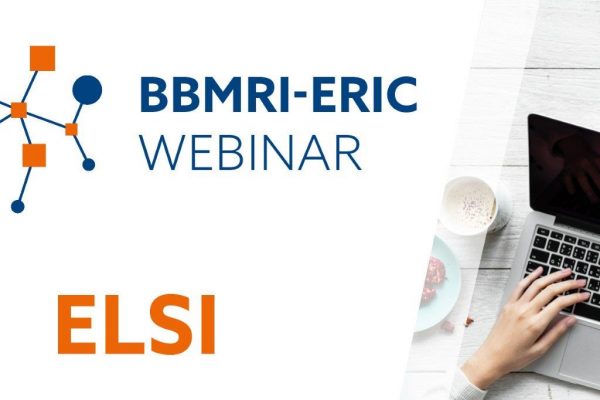I am looking for information as
Researcher

Industry

Patient

Webinar: Psychosocial characteristics of potential participants in biobanking – a study on the Polish population, by Jakub Pawlikowski (BBMRI.pl)
Advances of biomedical research based on biobanks collecting human biological material are highly dependent on the successful recruitment and participation of human subjects. Each biobank exists in a unique social and historical context and donation is a complex process determined by people’s knowledge, emotions, and behaviors. Therefore, to improve the success of biomedical research, it is vital to identify and recognize factors influencing the willingness of individuals to participate in biomedical research based on biobanking. This willingness can be shaped not only by legal or ethical determinants but also by sociocultural and psychological factors.
During the webinar will be presented a review of research regarding social knowledge and attitudes toward biobanking. Results of Polish research regarding psychosocial factors connected with a willingness to donate samples to biobanks will also be discussed. These studies have been carried out on a representative sample of 1100 adult Poles. We observed a significant relationship between willingness to donate biosample and psychological factors such as: trust (in scientists and doctors), personality features (tendency to take risks), or preferred values (e. g. personal development, tradition, and knowledge).
The knowledge about cultural and psychosocial factors influencing attitudes of potential donors should be considered in biobank management and social campaigns regarding biobanks. It may improve communication with participants and society, increase the effectiveness of the recruitment process, and build social trust toward biobanks and research institutions.
Watch the recording here.





